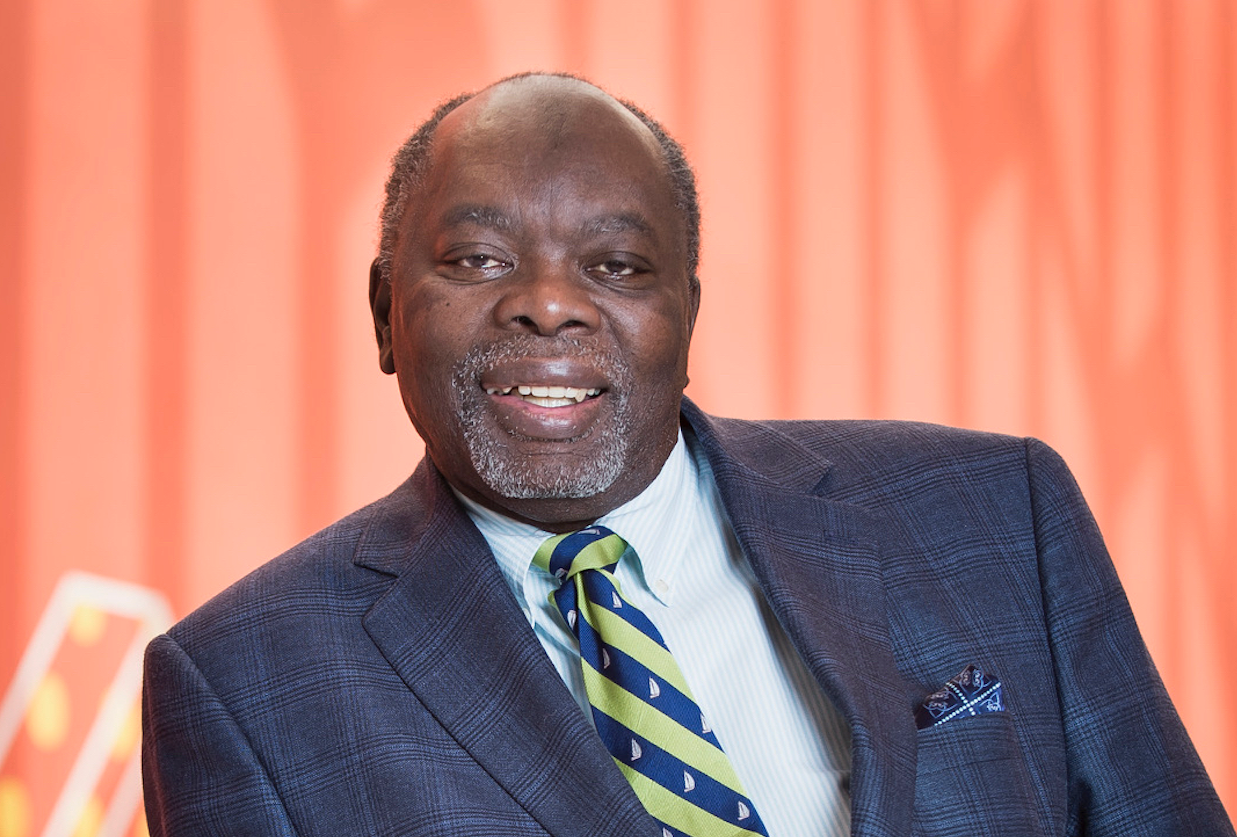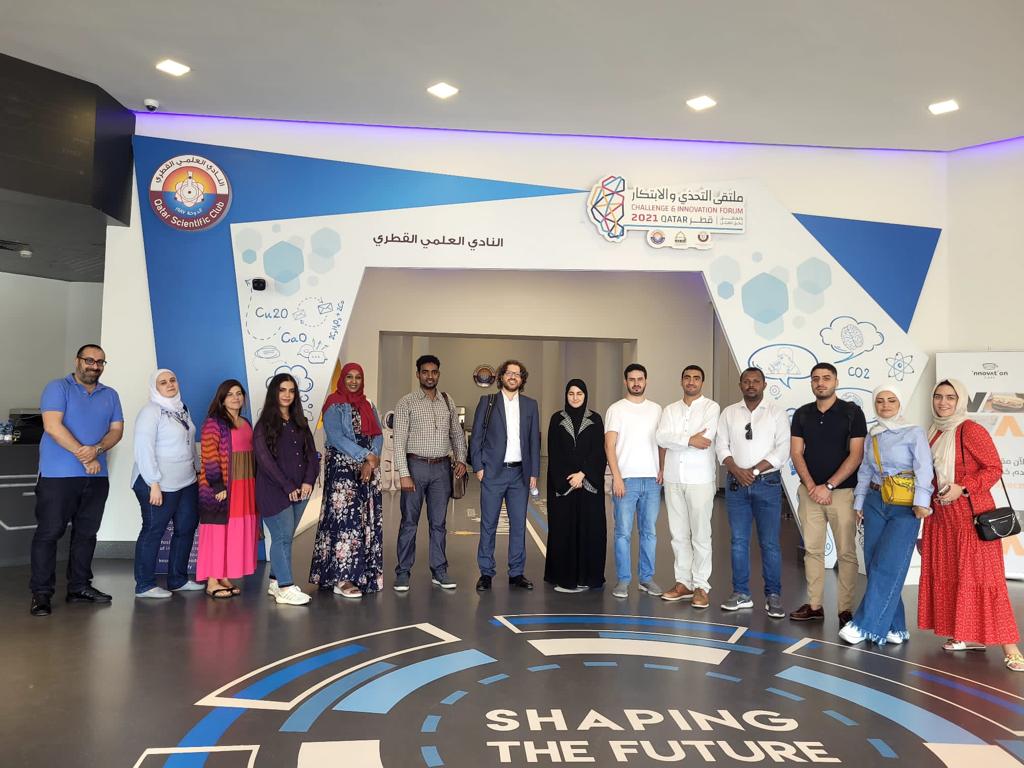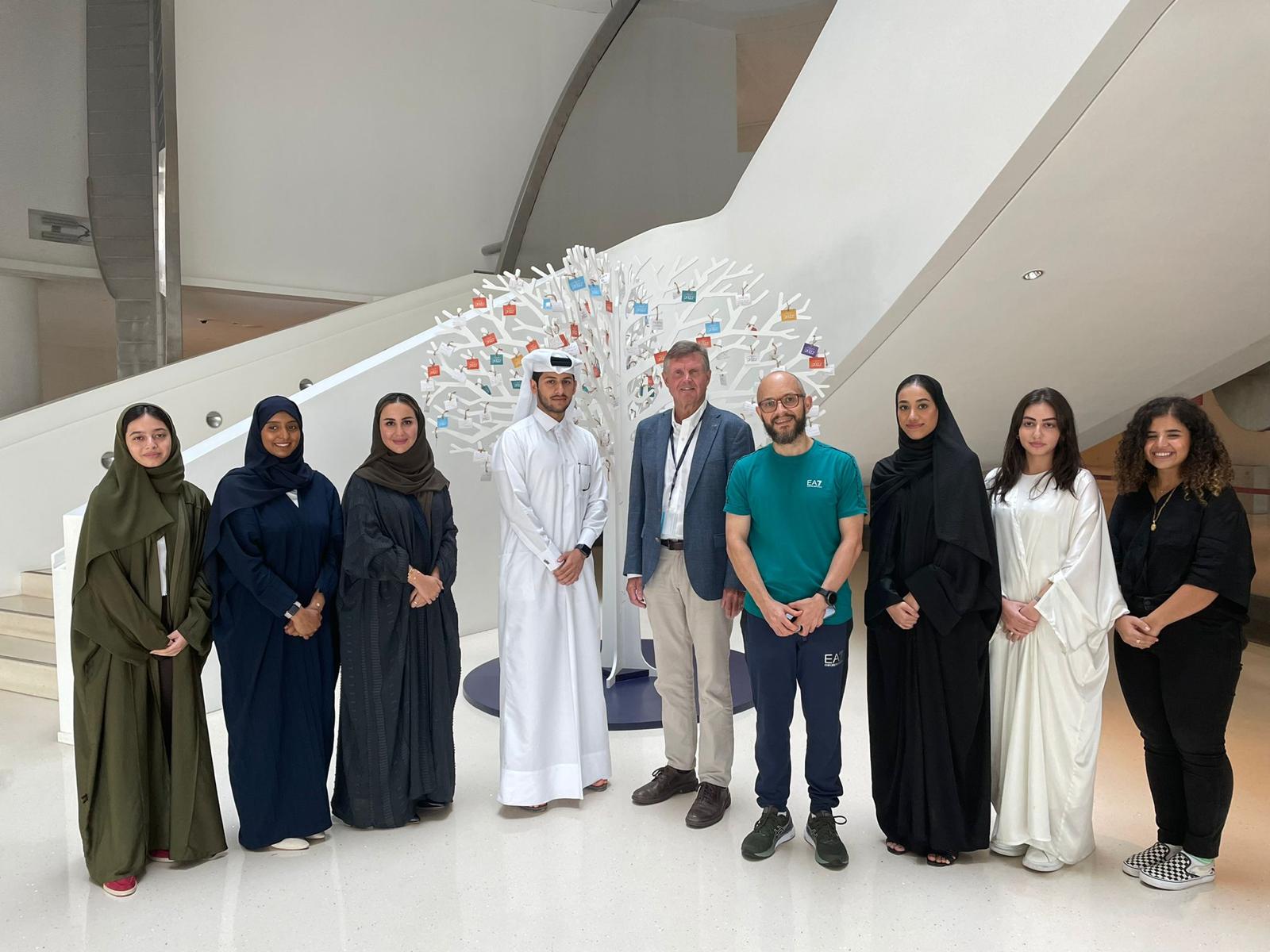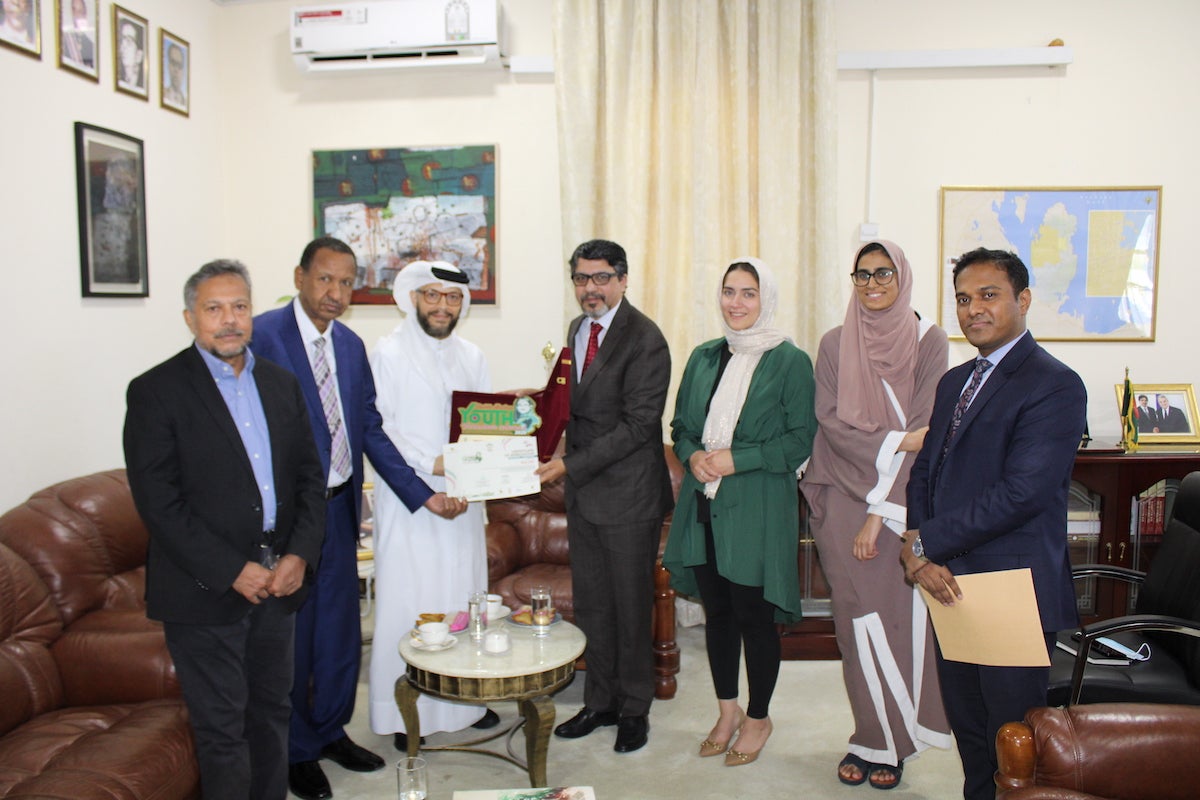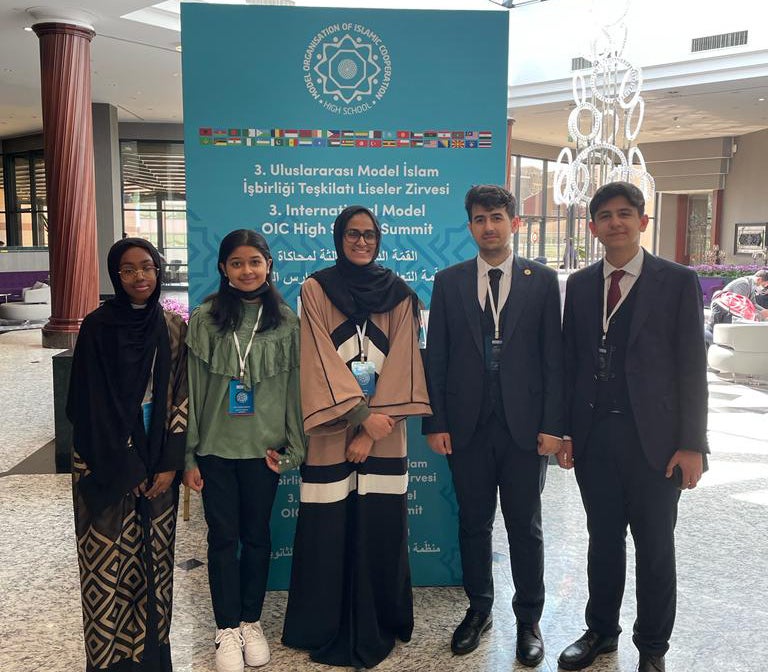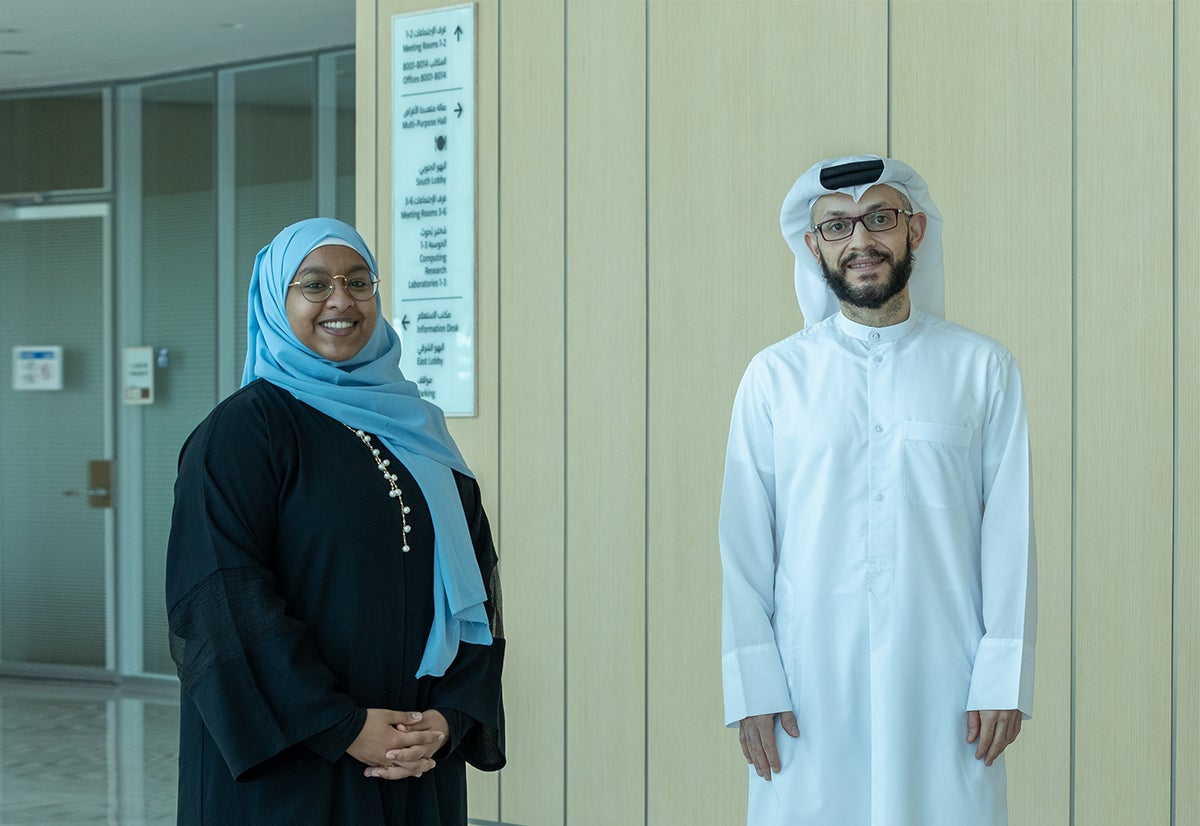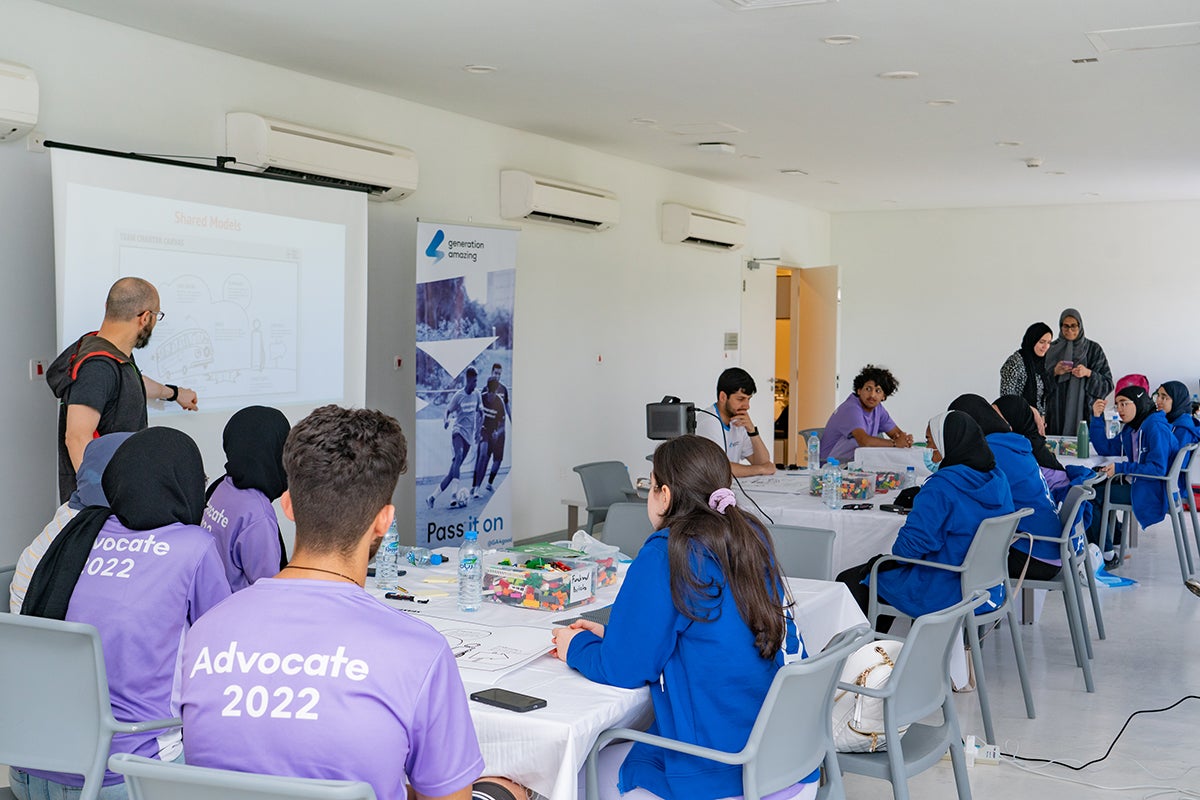By Dr. Evren Tok and Iman Ismail
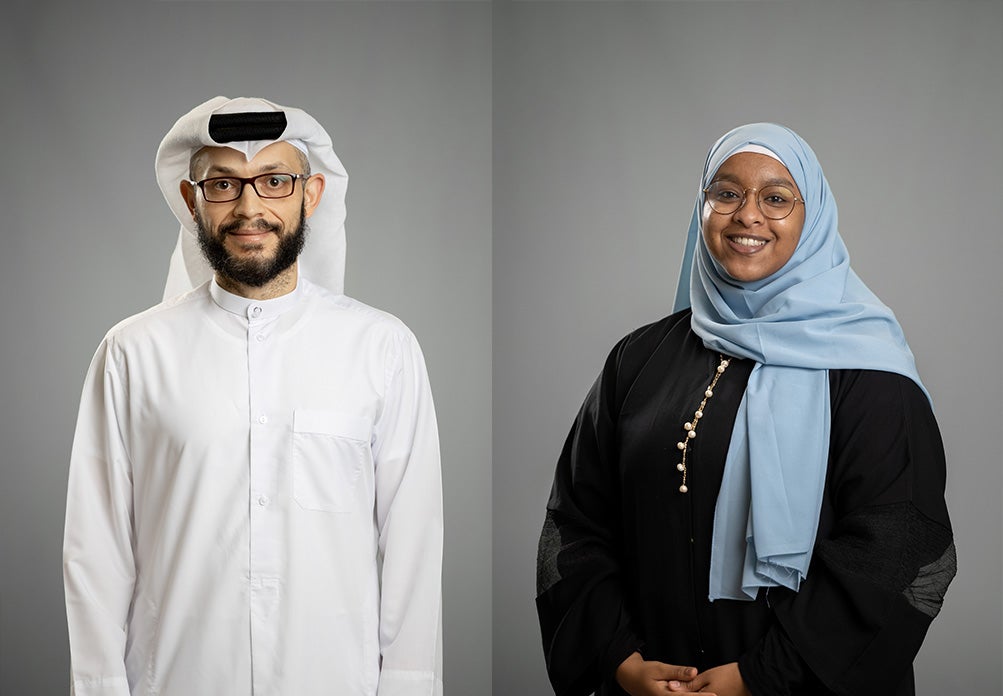
For every believer, the existence of the universe reflects the greatness and magnitude of its creator. Yet, even amid the vastness of Allah’s creation, each human being has a role and is answerable for their actions.
Because we are accountable for our actions, our approach to protecting our planet is no exception. In October 2021, Maker Majlis and its national and global affiliates launched Schifa, with the transliteration of the Arabic word symbolizing “healing”, while the acronym stands for “Science, Innovation, and Faith for Human Dignity.” But what does Schifa mean in today’s world? And how can it be an instigator for embracing the role of Islam in fostering environmental activism? This question is brought to the fore in light of the Global Sustainability Week and COP26.
Schifa is an example of how sustainability, environmental activism and the Islam nexus could optimize the mentorship efforts and resources of organizations such as the Qatar Scientific Club, which delivers innovative ways of engaging students in scientific environments. Doha Debates will also provide the curriculum and guidance for Deep Dive sessions that seek to provide a global perspective on topics that are most relevant to the world today alongside Qatar Reads, THIMUN Qatar, Science Jummah, and Voicing Voices.
The Schifa program recognizes this nexus and, by establishing a dialogue between science and religion, the program and its participants are bridging gaps and fueling social change that is sustainable, practical, and feasible.
The program is now included within the agenda of the Capital of Culture in Islamic World in 2021, which is supervised by the Ministry of Culture and Sports throughout the year, together with the Qatari National Commission for Education, Culture and Science and also the Islamic World Educational, Scientific and Cultural Organization “ISESCO”, in cooperation with the country’s strategic partners, relevant bodies, and participants.
Guidance from the Qur’an
In the sixth chapter of the Holy Qur’an, under Verse 165, the English interpretation begins with “It is He who made you vicegerents[successors] on the earth…”. This verse emphasizes the importance of environmental stewardship as a form of service and a means of showing gratitude and obedience towards our creator. However, there remains a clear disconnect between Muslims and the environment, particularly the innate spiritual and religious obligation of Muslims towards its protection, despite the deeply rooted values of environmentalism within religion.
By providing ways to hone these essential skills and envisioning a roadmap that encapsulates the experiences of 1.8 billion Muslims in the world, we can systematically solve 21st-century problems that pre-existing solutions were not able to address or improve in light of globalization. We aim to create the leaders of our future world, young innovators who will have a solid foundation to build a more sustainable, united, and resilient world.
Over the course of seven months, these young professionals and their highly esteemed advisors are addressing global challenges that all of humanity faces, but those that especially target the Muslim Ummah. Through systematic thinking and human-centered design, participants are learning how to use the tools and resources available to them to think critically and promote the difficult conversations that we need to have. Science, faith, and innovation align to inspire, prepare, and engage the next generation of leaders who will promote and uplift human dignity.
Sustainability as an Islamic Principle
There is a wealth of Qatar-based sustainability enterprises that are often led by the youth, such as greener.qa and Georgetown University in Qatar’s Sustainability Club. The former organization, founded by Aisha Al Maadeed, has done much to propel Qatari youth to the forefront of sustainable living. The Sustainability Club has been responsible for local and regional collaborations, some of which have raised awareness about environmentalism from a religious perspective.
A handful of non-faith initiatives are active advocates for conscientious environmentalism, such as the Doha Environmental Actions Program, which has led over 200 beach cleanups, and the Qatar Upcycling and Biodegradables Enterprise (QUBE) Composting company, which has encouraged composting initiatives at the institutional level with their state-of-the-art 24-hour composting machines.
Although their missions are not steeped in Islam, these initiatives are still relevant to the theme of sustainability. They represent the ways through which Islam exists as a comprehensive framework - a call to action for everyone involved, regardless of faith, as a universal initiative that is inclusive. This is the foundation of Schifa, a promise of every human being to fulfill their intrinsic human duty and protect the Earth that has raised and protected them.
The responsibility to halt and reverse the impending environmental crisis does not belong to one religion, one class, one gender, or one country; it is a global responsibility upon all people, and Schifa is helping us all realize the universality of this mission.
Dr. Evren Tok is an Assistant Dean of Innovation and Community Engagement and Associate Professor of Islam and Global Affairs at the College of Islamic Studies, part of Hamad Bin Khalifa University and Iman Ismail is a Research Assistant at Hamad Bin Khalifa University.
This article is submitted on behalf of the author by the HBKU Communications Directorate. The views expressed are the author’s own and do not necessarily reflect the University’s official stance.




